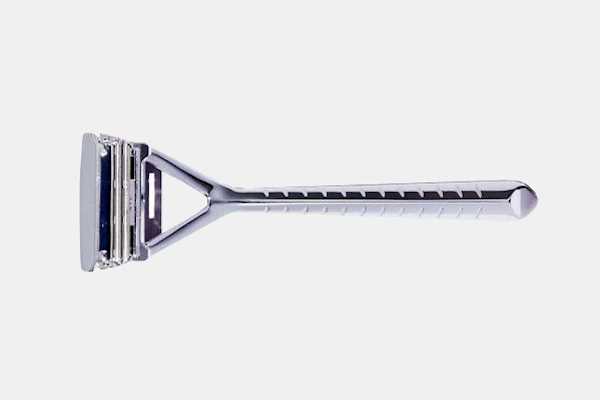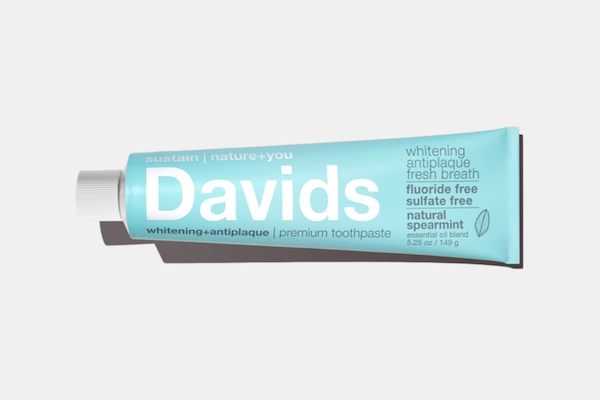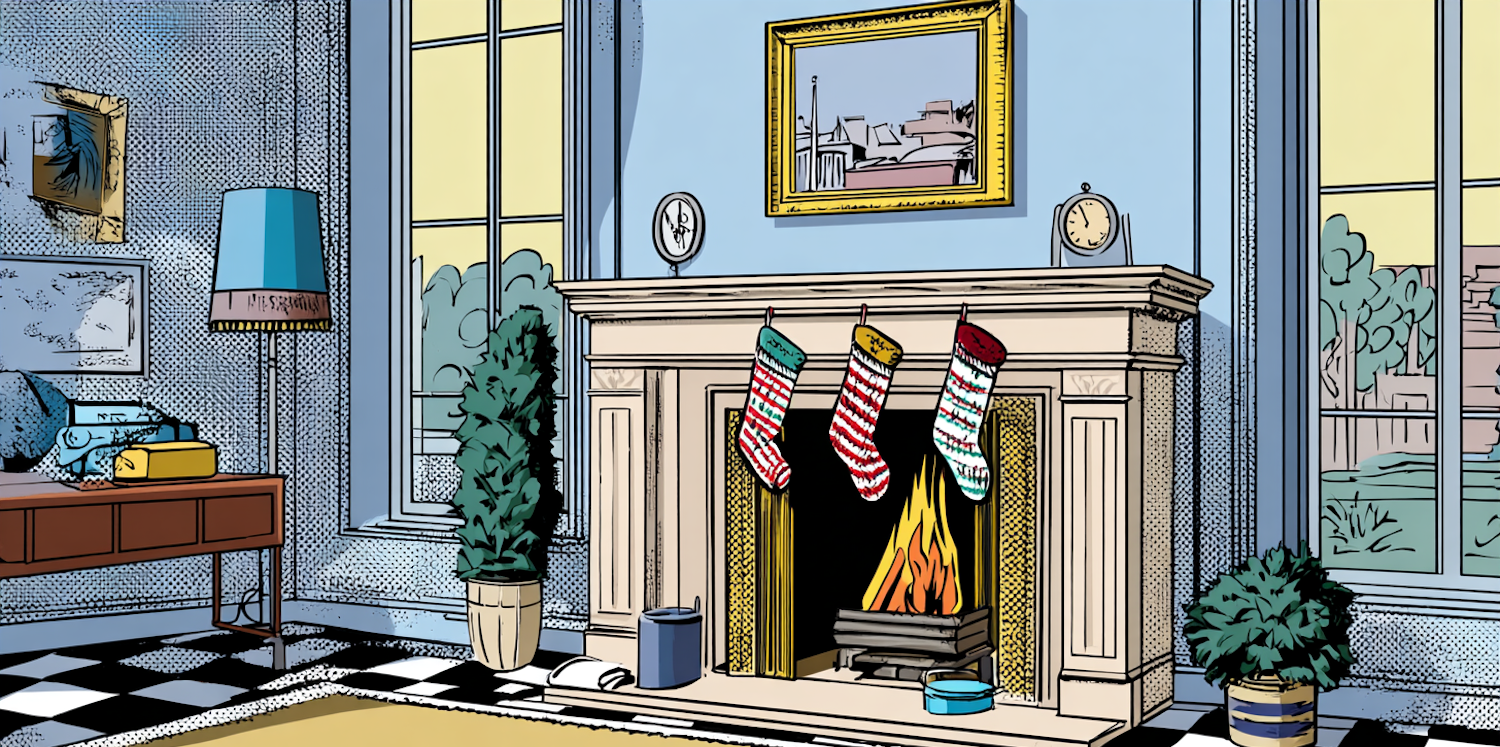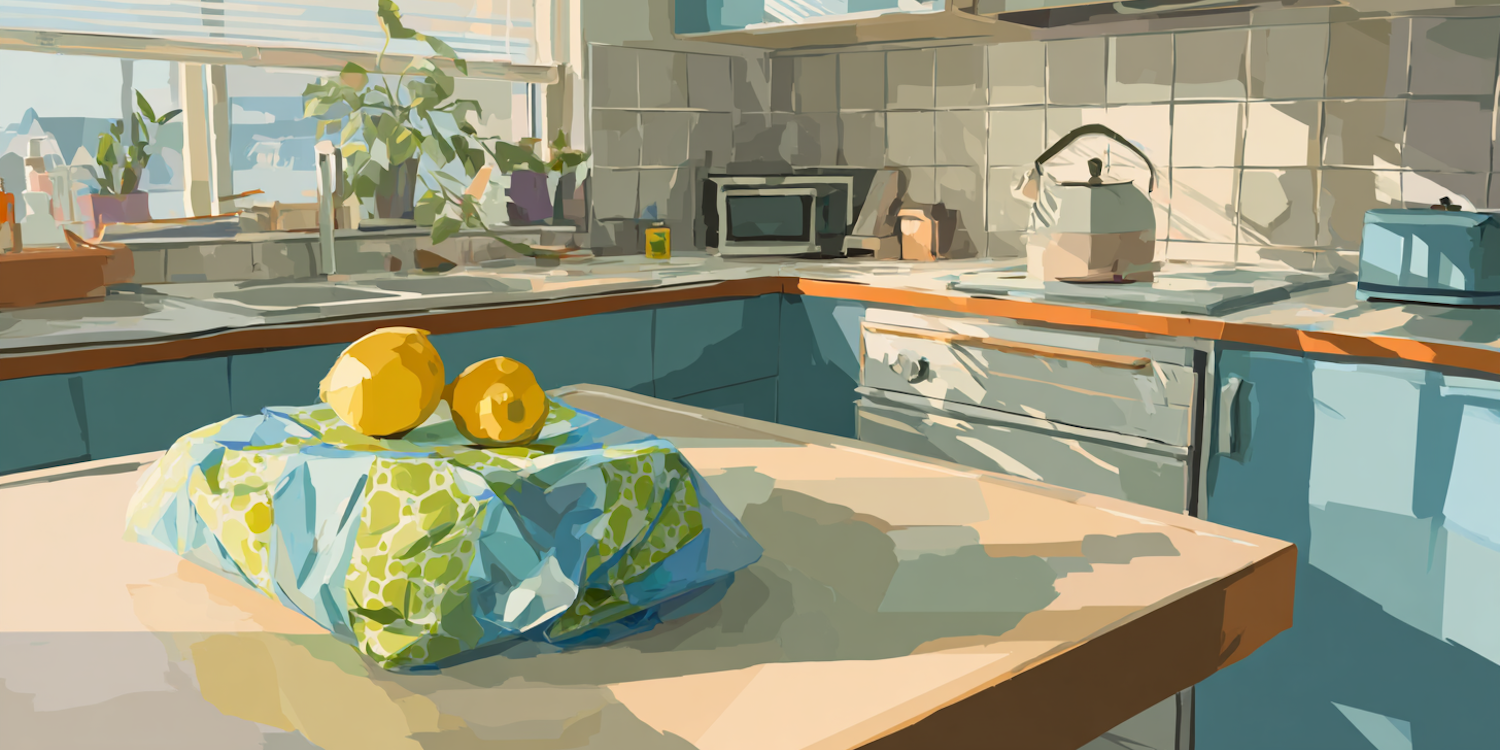Do you know how much trash the average American throws away per day?
An astonishing 4.5lbs, that’s how much. Per day.
Now, we all know that landfills are hotspots for environmental damage – and yet, so much of what we use every day eventually end up there. But the waste coming out of our households speak to a bigger problem… and you probably know what it is.
Yup – overconsumption, and overproduction.
Most of our precious resources are wasted on things we buy, use for a while, and then throw away. And while this hamster wheel is basically second nature, this kind of consumption isn’t sustainable in the long run – our planet is catching a fever it might not survive, and capitalism is one of the main causes.
But, how do we change our ways? Is it possible to live differently, and help change the system from the inside? Is there even such a thing as a sustainable lifestyle?
Glad you asked. Enter: Zero Waste.
You’ve probably heard this term more than a few times – it seems to be everywhere these days. But what exactly is zero waste? Does it work, and how do go about it?
If these are questions swimming around your brain, you’ve come to the right place. In this first article in our series on Zero Waste, you’ll learn:
→ What Zero Waste Is.
→ Why You Should Consider Going Zero Waste
→ Whether Living Zero Waste is Actually Possible
→ How Zero Waste Makes a Difference
Sound good? Let’s get started.
What Is Zero Waste?
First off – let’s define zero waste, shall we?
Zero Waste is aiming to take care of everything we buy from start to finish, and to not produce any waste that the Earth cannot take care of.
Essentially, zero waste is a circular lifestyle. You look for alternatives to single-use items, things made from materials that are compostable or recyclable, and ultimately aim to produce zero waste.
It’s that simple – and that hard.
But, let’s break it down a little. Because how do you go about producing zero waste?
Well, there are as many ways as there are zero wasters out there. But have you ever heard of the “Four R’s” of sustainable consumption? When talking zero waste, they are the four essential pillars, and excellent guidelines for how to practically live zero waste.
Reduce – Limit what you buy in the first place, and be conscious of what you buy. Look for second-hand items, and things that are produced sustainably with materials the earth can take care of. And ask yourself – can I use this for a long time?
Reuse – This one goes hand-in-hand with the previous point. Use what you have for as long as possible, rather than buying new stuff. And once something has served its purpose, look for ways to upcycle it rather than tossing it away, by using your old jars, fabrics, and waste in new ways.
Repair – Something broken? This can be a tough habit to break, but don’t immediately throw it away. Instead, learn how to repair your things, so they can be used for longer.
Recycle – This one, you know. But it’s important to remember that recycling is the last resort – not the first step! Recycling, while brilliant, actually requires a lot of energy and resources too, and it isn’t the answer to our overconsumption. But ultimately, when a product can no longer be reused or repaired, recycling (or composting, depending on the product) is the way to go.
So, in short – living zero waste means making an effort to produce as little waste as possible. How? By changing your habits from single-use and throwing things away as soon as you’re done with them, to repairing, reusing, recycling, and composting.
Doesn’t Zero Waste Put All the Responsibility on Individuals?
Different to what most people think, zero waste is not just for individuals. Zero waste is all about moving toward a circular economy, and that means the entire system needs to change – not just consumers.
Because at the end of the day, we need to reduce waste at all stages of production. That includes how materials are produced, how products are made, packing, and shipping – as well as companies’ taking responsibility for how their products can be composted or recycled at the end of their lives.
Zero Waste is aiming to take care of everything we buy from start to finish, and to not produce any waste that the Earth cannot take care of.
Luckily, there are many businesses out there that aim for zero waste, such as zero waste shops, brands, and companies working to adapt their production chains. If you want to learn more about Lochtree’s sustainability principles and initiatives, you can read all about it here.
But that said – we can’t leave it all in the hands of companies. We have a lot of power as consumers, despite how our efforts sometimes feel futile. And we can use that power for good, by supporting companies and products we believe in.
In fact, the reason so many companies are changing their policies is because consumers continue to push and ask for it – people like you and me.
So, yes – you may just be a single person, but your effort is no less impactful. The zero waste movement is growing bigger and stronger every day, and it’s made up of individuals and companies alike.
Why Should You Go Zero Waste?
So, why should you go zero waste?
The obvious reason for going zero waste is the planet. Going zero waste is one of the best ways to reduce your footprint and help the Earth. It’s all about taking real action to redefine the system we live in, so that our society can move toward actual sustainability – one little change at a time.
With every choice, every purchase, you vote for the world you want to live in. Whether that’s how you get to work or the kind of clothes you buy, it all has an impact. And when your actions align with your values, trust us – a massive weight lifts from your shoulders.
But there are other benefits, too. When we get more intentional about how we live and what we buy, it has ripple effects on our quality of life. Many who have gone zero waste say that they eat better, deal with less clutter and overwhelm, and even save money – zero waste educator Kathryn Kellogg estimates that in 2.5 years of living zero waste, she has saved a baffling $12,000. Just from things she no longer needs to buy!
Besides, once you lose the habit of throwing things out without a second thought and start to instead buy things with the intention of keeping them, you’ll find that you appreciate what you have more.
Instead of constantly looking for the next thing, you mend and reuse your belongings, and learn to see the value of what you already own. And gratitude and appreciation for what you have is a well-known, sure-fire way to improve your mental health and overall wellbeing.
Zero waste educator Kathryn Kellogg estimates that in 2.5 years of living zero waste, she has saved a baffling $12,000.
And if that doesn’t do it for you, well… no more taking out the trash. Need we say more?
If you’re curious about all the benefits of going zero waste, check out our blog all about it here!
Is Zero Waste Actually Possible?
It’s true – this lifestyle might sound foreign and odd. Producing no waste? Unheard of!
But zero waste is actually nothing new – before mass production and the explosion of capitalism some hundred years ago, everybody lived like this. Conserving resources and using what you had for as long as possible wasn’t just the norm – it was the only thing that made sense.
And frankly, it still does. Over the last century or so, we’ve just forgotten how to do it.
Ok, you’re thinking, but let’s get realistic. The world has changed a lot in the last century, and today, almost everything comes wrapped in plastic, whether you want it or not. And some things just don’t have alternatives, right?
We get it – zero waste can feel daunting. At first, it can even seem impossible. After all, producing no waste at all is no easy task when so much is out of your hands. But remember, zero waste was never meant to be the minimum standard, but the ultimate aim.
Many people who start their zero waste journeys burn out, because the pressure they put on themselves to meet a perfect standard becomes crushing. Rather than seeing how much good they are doing, every little bit of trash they still produce feels like a failure.
But that’s not really what zero waste is about.
Being zero waste means you’re aiming to send nothing to landfill. You’re committing to making an effort to avoid waste as best as you can – and understanding that sometimes, there are no perfect choices. Just better ones.
So, yes – zero waste is very much possible! It’s just a matter of having realistic expectations on yourself as you set out on your journey.
Going Zero Waste Takes Time
Today, we’re taught instant gratification. We’re so used to having things at our fingertips, that anything that takes a while to pay off makes us frustrated – or leaves us feeling like we’re not trying hard enough.
But becoming zero waste is a lifestyle change – it requires shifts and new habits in most areas of your life, and it won’t happen overnight. In fact, slowing down and taking your time is part of the process. And if you can be patient with yourself as you’re learning and changing, it can actually be an enjoyable process.
Becoming zero waste is a lifestyle change – it requires shifts and new habits in most areas of your life, and it won’t happen overnight.
So, embrace it – celebrate each little change you make, and take it at your own pace.
You won’t get it perfect the first time. In fact, you might never get it perfect. But what’s important is all the waste you avoid, not the waste that was unavoidable.
More Zero Waste Alternatives Than You Might Think
When you first start looking into zero waste, it can seem like a massive task to undertake. How do you go about changing all the tiny habits that make up your day-to-day?
But going zero waste is a lot easier than it first seems. There are a wealth of zero waste products and solutions out there, ready to replace what you’re using today. After all, people have successfully lived zero waste lifestyles for years – so whatever hurdle you encounter, we can guarantee others have crossed it before you!
And better yet, most of the solutions are very simple – switching your plastic containers and bottles for glass and metal ones. Bringing tote bags when food shopping, rather than picking up new plastic bags every week. Zero waste is all about simplifying, decluttering, finding practical solutions, and feeling good in the process.
Zero waste is all about simplifying, decluttering, finding practical solutions, and feeling good in the process.
If you want to begin your zero waste journey but don’t know where to start, you can rest easy – there are entire shops dedicated to sustainable, zero waste living! Here at Lochtree, we specialize in gathering all and any zero waste products you might need in a single place – and after a browse in our shop, you’ll quickly see that there are more zero waste alternatives out there than you would have thought.
So, to conclude – living zero waste is absolutely possible. Thousands of people around the globe do it every single day, and while it may seem like a big leap at first, it’s actually way easier than you might think.
Does Zero Waste Really Make a Difference?
It’s easy to feel small in the face of all the destruction and overproduction happening in the world. Can one person going zero waste really make a difference?
The answer is yes.
The only way to create change, is to change – our habits, our mindset, and how we approach consumption. It’s easy to think about how things could be better, or talk about what isn’t working. But until we begin to take real action, nothing will change. And that change starts in your own home, and your own life.
With everything you buy, you send a message – keep doing this. Keep making this.
And truth be told, the conversation doesn’t turn into action until we break the pattern and stop participating.
When we no longer stay complacent, we force the bigger players to consider new ways. An entire industry has sprung up around zero waste living. Why? Because enough individuals sent the message that it was important.
The only way to create change, is to change – our habits, our mindset, and how we approach consumption.
The only way to create change, is to change – our habits, our mindset, and how we approach consumption.
Besides, while you are only one person, your actions are echoed by thousands of other individuals across the world. With each new person choosing zero waste, the movement gets stronger and more powerful.
And these messages don’t just affect production and companies. They also show politicians and lawmakers that the environment is something we care about, and want to be taken seriously. While environmental policies are nowhere near where we want them to be yet, they are a whole lot better today than they used to be.
And because we continue to push for it, environmental change is a never-resting conversation in governments around the world.
And there you have it! A quick, first introduction to what zero waste is, how it makes a difference and why you should consider it. If you’re curious about zero waste, keep an eye out for our upcoming blogs delving deeper into zero waste territory! You won’t want to miss them.
In the meantime, browse our zero waste shop to begin your journey toward a sustainable lifestyle today!
Psst… Want to learn all the juicy benefits of zero waste? You’re in luck – it’s already on the blog! Check it out here.






